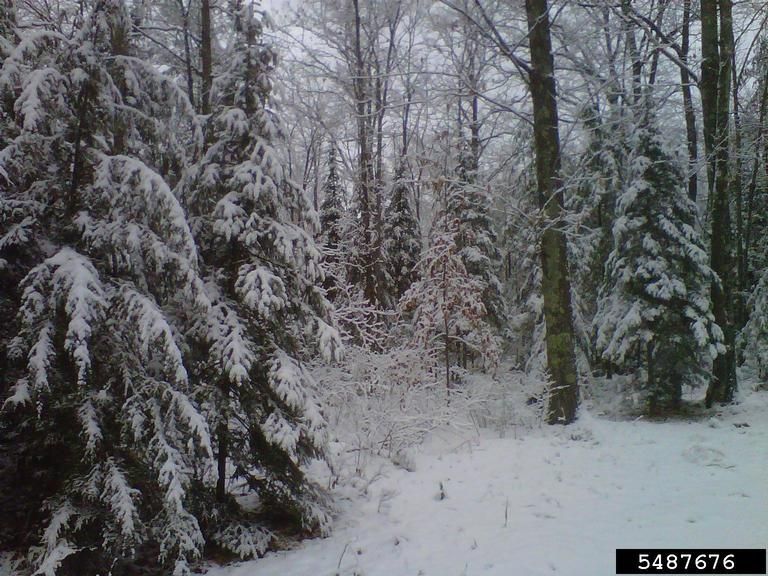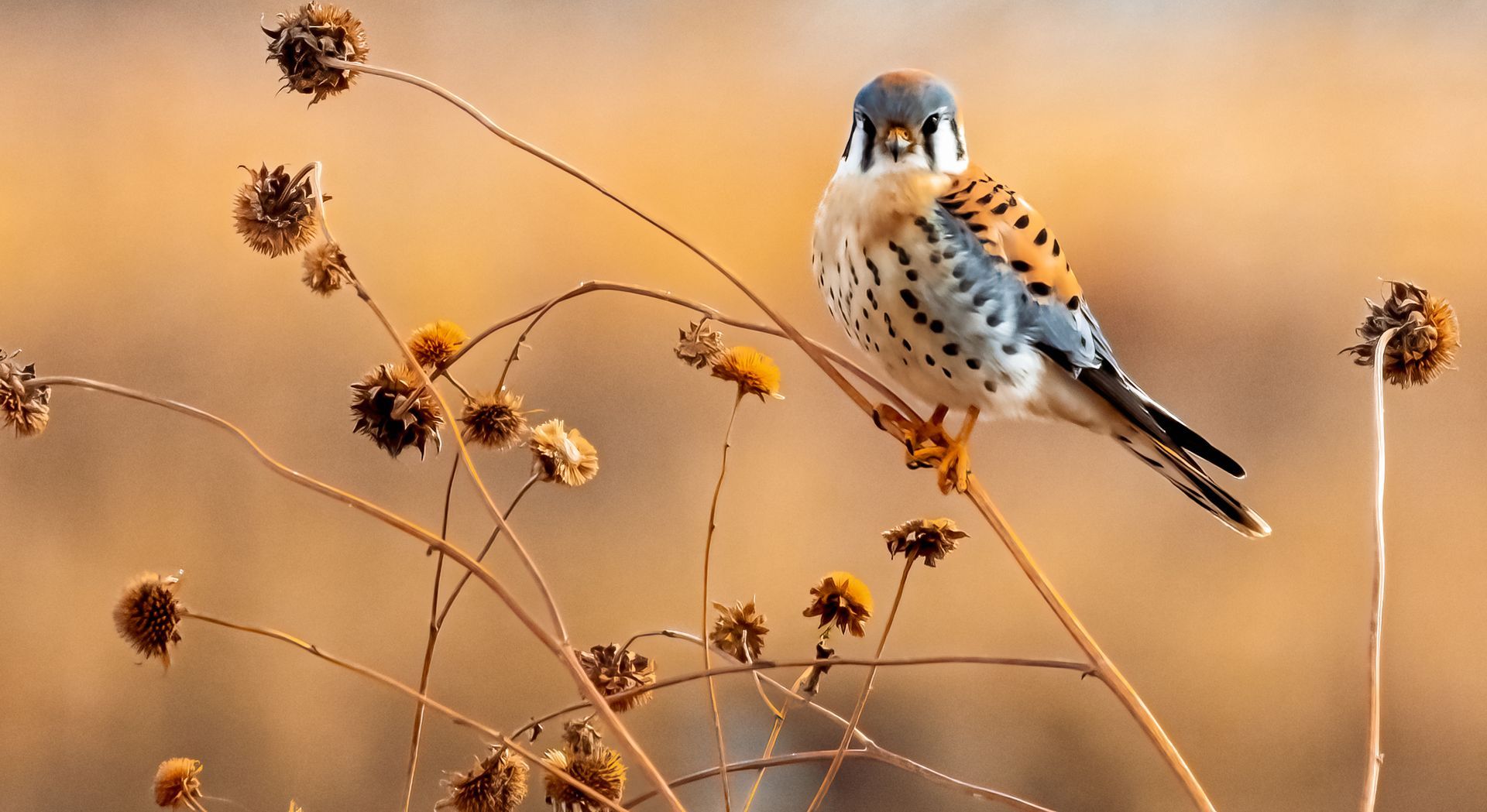Chronic wasting disease funding looking promising, DNR law enforcement could have funding cut
Both the House and Senate Appropriations Subcommittee on Natural Resources reported their appropriations bills for the Department of Natural Resources (DNR) and Department of Environment, Great Lakes, and Energy (EGLE) to the House Appropriations Committee.
This recap only covers the natural resources issues pertinent to MUCC. If you are interested in looking at the full bills, see these links. On the Senate side, SB 145 is the DNR budget. On the House side, HB 4241 is the DNR budget. For the EGLE budget, SB 137 is on the Senate side and HB 4233 is from the House.
Chronic Wasting Disease Funding
Funding for chronic wasting disease was supported as both the House and Senate concur with the recommendation of the Executive Budget. The Executive Budget increased the Wildlife Management appropriation by $2.3 million General Fund (GF) for chronic wasting disease research. Out of the $2.3 million being funded, $2 million would be one-time funding, and $300,000 would be ongoing funding.
Environmental Sensitivity Inventory of Hazardous Materials Pipelines
The Executive Budget included one-time funding of $1.4 million dollars to complete an inventory of potentially hazardous pipelines that cross Michigan waterways. This inventory would help determine which water crossings are in need of attention and additional funding. Both the House and Senate committees did not include this funding in their budgets.
DNR Law Enforcement Division
The 2019 fiscal year House budget proposal for the law enforcement division reduces the previous 2018 fiscal year appropriations by $1.1 million. Both the Executive and Senate Budgets do not make any changes to the current general fund for DNR law enforcement.
A reduction in the funding for the law enforcement division of the DNR would result in tougher enforcement of game laws. Conservation officers are often the first responders to a scene, especially in rural areas.
PFAs
The Senate included $120 million general fund to be allocated to EGLE for the 2019-2020 fiscal year. The breakdown is as follows:
- $30 million would be used to address PFAs and emerging contaminants
- $30 million would be applied to the Drinking Water Revolving Fund loan forgiveness
- $30 million would be used for the Stormwater, Asset Management, and Wastewater grant program
- $25 million would be used for the Lead and Copper Rule implementation
- $5 million would be used for private well testing
The House included similar funding for water infrastructure; however, this funding is in the 2018-2019 fiscal year in the form of a supplemental request: 2019-4 Supplemental Request
The budgets released by both the House and Senate do not include the increased funding to the Recreation Improvement Fund. Two percent of the gas tax goes into the Recreation Improvement Fund, and the proposed increase of the gas tax from the Executive Budget would include more funds going into the Recreation Improvement Fund. Both the House and the Senate’s budgets did not reflect a gas tax increase.



